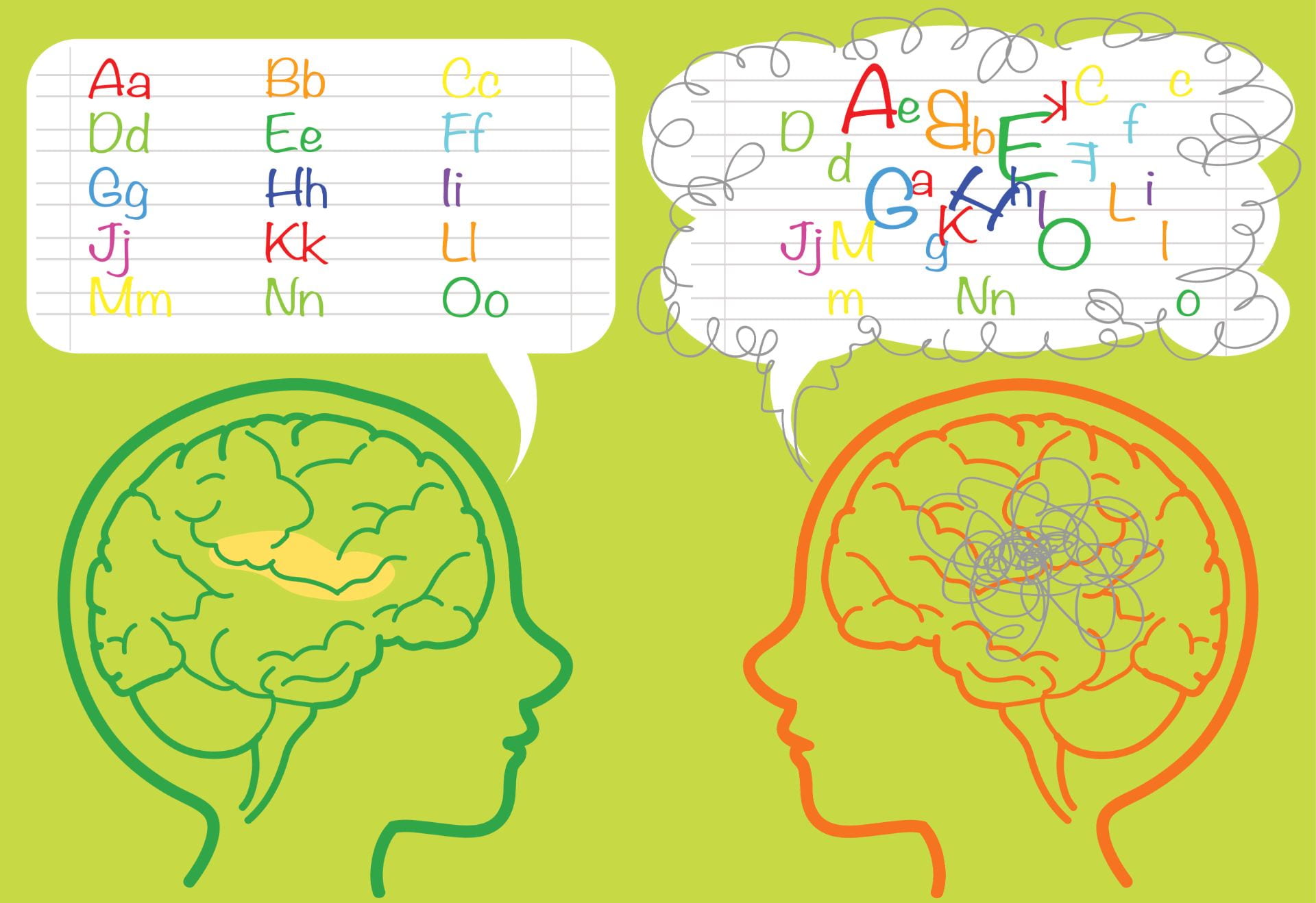
Eschool News
With upcoming exams for many of my classes, I figured I would share some great learning/study tips from my professors over the past week that you can try! I find them to be super helpful. I think that is a perfect thing to talk about since we are on the topic of how we learn!
#1 REPETETIVE LEARNING: focuses on the idea that you take your course materials and go over it not once or twice but repeatedly each week. Going over the notes from class, writing them out, and reviewing flashcards twice or three times a week will make a drastic change in your grades and how you retain information. The picture I inserted for this post shows how utilizing this tip helps reduce the risk of forgetting information. This tip helps your brain to refresh on material and implant the information in your brain, making it easier to actively recall it on an exam or quiz. Cramming the night before rarely works.
#2 GOING TO CLASS: most of my professors, especially for the science-based classes, always stress the importance of coming class and the effect it has on learning. Simply attending lecture and listening to the material is a step in the right direction of absorbing the material. Professors can talk through challenging topics you might struggle with on your own. They can explain things in a way students can understand (their goal is to help their students after all). There are studies related to the frequency of attended classes and letter grades.
#3 SLEEP: this one seems like a no brainer, but more often than not, we sacrifice sleep to study or to do other things. However, this has a negative effect, despite the thought process of staying up to study. Your brain needs time to shut off and categorize all of the information your brain absorbed in the day. If you do not get good rest, your brain won’t be able to effectively memorize and summarize the information of the day. Sleep is a crucial part of the memory and learning process, especially for college students as we tend to get thrown more than expected. Try to aim for 6-8 hours of sleep and you will see the difference in your memory and ability to recall information.
I hope you find something in here you already or are willing to try! I can confidently say all three of these tips work for me, and I have seen a difference in my own academic world.




